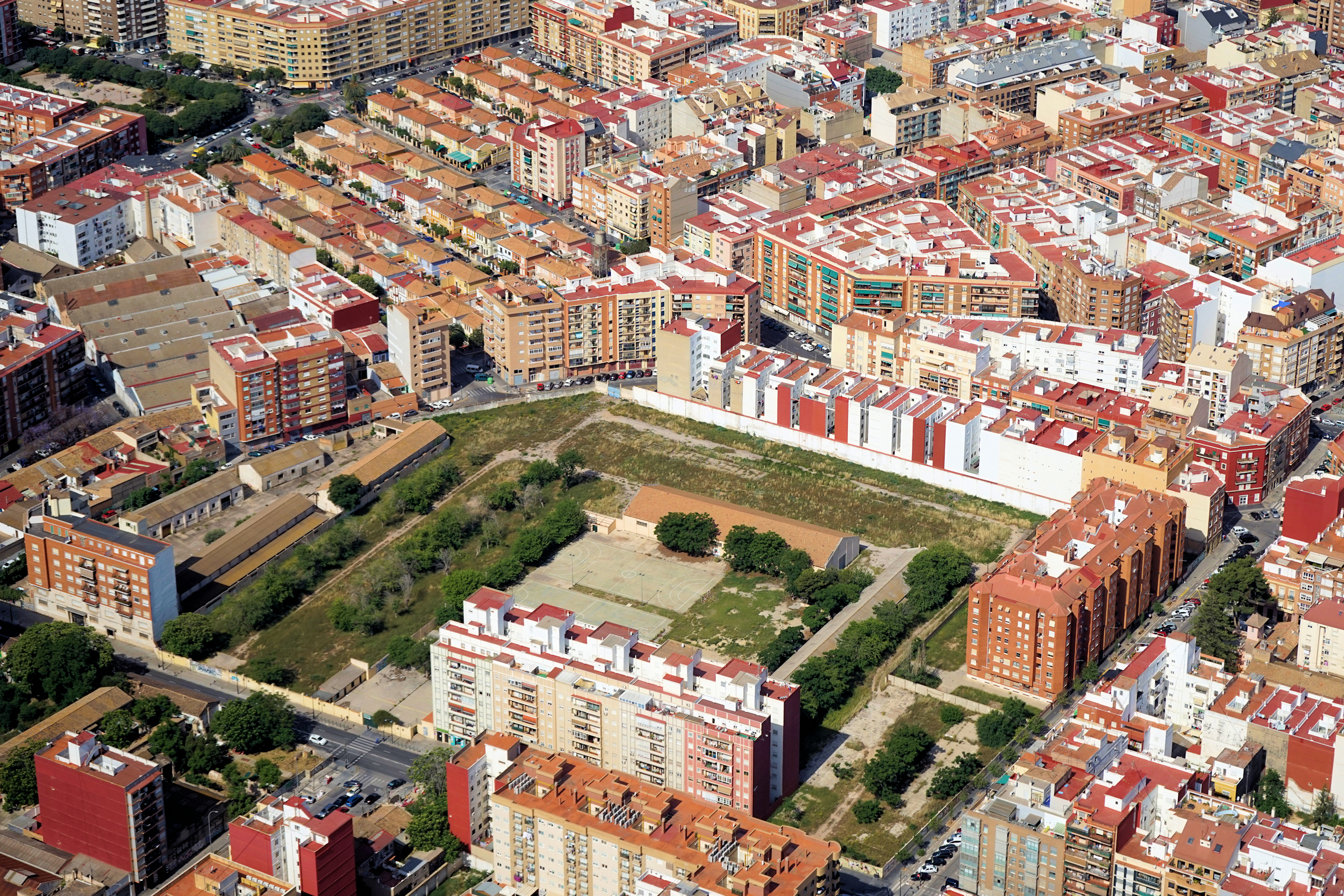23 September 2021 |
Affordable rental housing: at the heart of the Ministry of Transport, Mobility and the Urban Agenda’s new urban model
Many cities in Spain, especially the big capitals, are experiencing a phenomenon that has been developing for a decade: the unprecedented increase in the price of renting a home. This is a context that, when added to the shortage of supply, makes access to a home difficult for co-living units for a limited income.
To address this situation, the Ministry of Transport, Mobility and the Urban Agenda (MITMA) has promoted the “Affordable Rental Housing Plan”, encouraging environmentally efficient public housing stock for vulnerable citizens being put on the market.
It is a strategy in which the State Land Agency (Sepes) is participating actively, with emphasis on using this Plan as a vehicle to regenerate cities, guarantee economic recovery, sustainability, social integration and, of course, to reorganise the urban model.
Madrid, Seville, Ibiza, Malaga, Valencia, Ceuta and Melilla are pioneers in regenerating their cities
What does this new restructuring of cities consist of? It mainly involves recycling existing urban fabric within the city, recovering unused land and rehabilitating buildings and public spaces, to turn them into key structural elements. This idea, besides conforming to the principles of the Circular Economy and environmental protection, meets the criteria set out by the Spanish Urban Agenda.
To implement the strategy, Sepes allocates land acquired in previous years to subsidised housing. Specifically, the figure is 5,151 homes among different cities that are already part of the Plan (Madrid, Seville, Ibiza, Malaga, Valencia, Ceuta and Melilla). Moreover, other Regions, such as Valencia, the Basque Country and the Canary Islands are currently being studied.
- Malaga will have 1,362 located in the Buenavista plots.
- Valencia will have 1,038 housing units split between the Central Engineers Park (438) and the Artillery Park (600).
- Seville will have 948 homes at the former Daoíz y Velarde Artillery Regiment.
- Ibiza will have 367 homes in Ca n’Escandell.
- Ceuta and Melilla.
- Other Regions, such as Madrid, Andalusia, Valencia, the Basque Country and the Canary Islands are in the study phase.
These plots had in common that they are former military facilities, they are integrated in the urban centres which, thanks to the Ministry of Transport, Mobility and the Urban Agenda through Sepes, will generate a fabric that will directly affect these neighbourhoods’ services, encouraging the creation of educational, sports and leisure centres. The State Land Agency will invite tenders to stimulate the private sector to participate actively in furthering the Plan’s developments.
Homes seeking environmental excellence by meeting the objectives of the Spanish Urban Agenda
Besides revitalising these cities and achieving an urban model that enhances a second life for disused land, Sepes seeks to meet the various Objectives of the Spanish Urban Agenda in its actions. These objectives, which are in turn aligned with the 2030 Agenda, reinforce the idea that sustainability is territorial, environmental, social and economic.
Firstly, access to affordable housing is guaranteed for the most vulnerable groups (Objective 8). In this regards, Objective 2 sets out an urban model that promotes urban regeneration and guarantees quality and universal accessibility. Furthermore, these housing models diversify economic activity by creating leisure areas and local shops (Objective 7).
Taking into account the Sustainable Development lens and the importance of fighting Climate Change, Sepes seeks to prevent and reduce the impact of this threat (Objective 3). In the same line, through Objective 1, territory is managed and rational use is made of land conserve and protect it, thus improving the natural heritage and preserving the landscape.
Regarding the specific characteristics of the dwellings that will be offered to citizens, resources are managed sustainable is made and the Circular Economy is encouraged, thus promoting energy efficiency and savings by achieving Objective 4.


